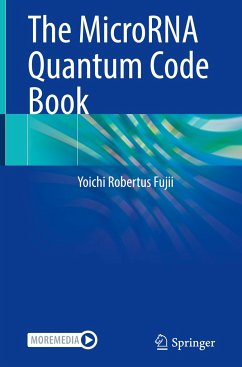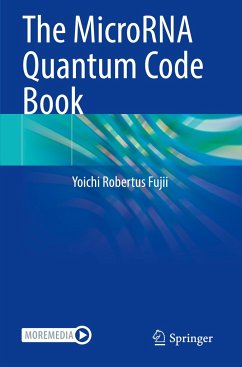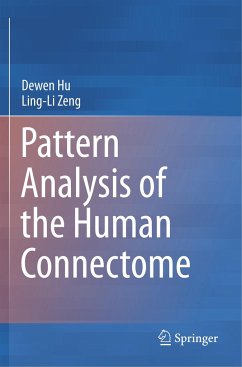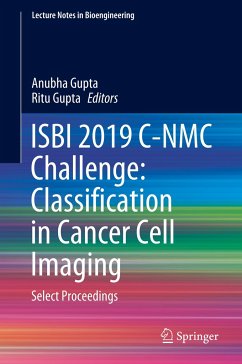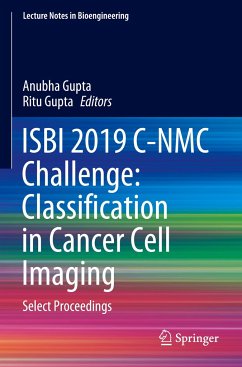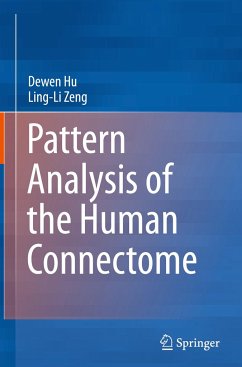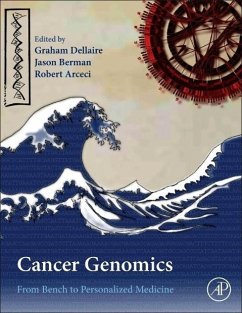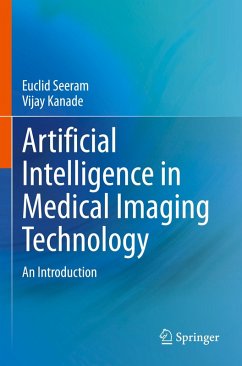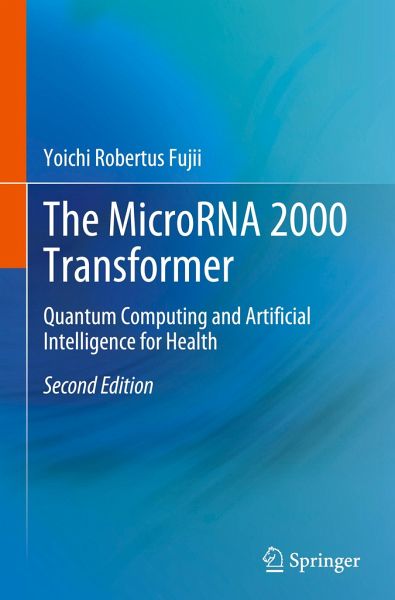
The MicroRNA 2000 Transformer
Quantum Computing and Artificial Intelligence for Health
Versandkostenfrei!
Versandfertig in 1-2 Wochen
105,99 €
inkl. MwSt.
Weitere Ausgaben:

PAYBACK Punkte
53 °P sammeln!
The second edition includes new findings that were only a theory in the first edition, clarifying what is beginning to be proven true. All chapters have been updated, and new data on the analysis of major depressive disorder from exosome microRNA (miRNA) in plasma, traumatic brain injury, and Alzheimer's disease, brain glioma from cerebrospinal fluid miRNA, liver cancer, induced pluripotent stem (iPS) cell tumorigenesis, and other topics have been added.As predicted in the first edition, diseases can be predicted using the miRNA memory package (MMP) and miRNA entangling target sorting (METS), ...
The second edition includes new findings that were only a theory in the first edition, clarifying what is beginning to be proven true. All chapters have been updated, and new data on the analysis of major depressive disorder from exosome microRNA (miRNA) in plasma, traumatic brain injury, and Alzheimer's disease, brain glioma from cerebrospinal fluid miRNA, liver cancer, induced pluripotent stem (iPS) cell tumorigenesis, and other topics have been added.
As predicted in the first edition, diseases can be predicted using the miRNA memory package (MMP) and miRNA entangling target sorting (METS), which could clarify the etiology of human diseases. Because researchers are investigating the relationship between circulating miRNAs and human diseases to develop new medicines, miRNA deep sequencing and detection methods will be high-speed and clever. The microRNA 2000 Transformer - Quantum Computing and Artificial Intelligence for Health is aimed at intermediate and advanced scientists, clinicians, students, and science enthusiasts. The Author hopes to lay the groundwork for future human health innovation.
As predicted in the first edition, diseases can be predicted using the miRNA memory package (MMP) and miRNA entangling target sorting (METS), which could clarify the etiology of human diseases. Because researchers are investigating the relationship between circulating miRNAs and human diseases to develop new medicines, miRNA deep sequencing and detection methods will be high-speed and clever. The microRNA 2000 Transformer - Quantum Computing and Artificial Intelligence for Health is aimed at intermediate and advanced scientists, clinicians, students, and science enthusiasts. The Author hopes to lay the groundwork for future human health innovation.



